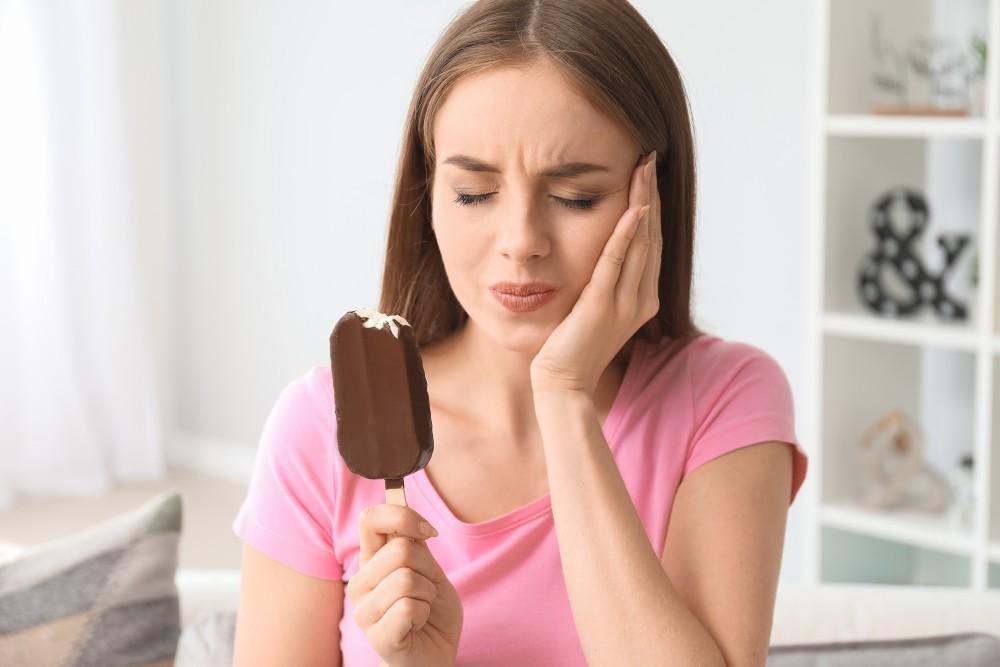
My Jaw Pops But It Doesn't Hurt: Should I Be Concerned?

Have you noticed a popping or clicking sound when you open or close your mouth? Maybe you hear it while eating, yawning, or talking. If your jaw pops but doesn’t hurt, our team at K Street Dental & Orthodontic Group in Washington, DC, can examine you to determine why your jaw pops.
While occasional jaw popping is often harmless, it can sometimes indicate an underlying issue with your temporomandibular joint (TMJ), for which we provide treatment.
Causes of jaw popping
Jaw popping can occur for several reasons, most of which are benign. Common causes include:
Gas bubbles in your joint
Just like when your knuckles crack, gas bubbles within the synovial fluid of your TMJ can cause a popping sound when they burst.
Ligament or disc movement
The TMJ contains a small disc of cartilage that helps your joint move smoothly. Sometimes, this disc shifts slightly out of place and then snaps back, creating a popping or clicking sound.
Mild TMJ dysfunction (TMD)
TMD refers to a group of conditions affecting your jaw joint and muscles. Mild TMD can cause occasional popping without pain, but more severe cases may lead to discomfort, stiffness, or locking of the jaw.
Hypermobile jaw joint
Some people naturally have looser joints, allowing the TMJ to move more freely than usual. This increased mobility can cause popping or clicking sounds.
Reasons for concern
If your jaw pops but isn’t painful, you likely don’t need to worry. But there are a few signs that indicate it’s time to come in and see us.
Pain or tenderness
If you start experiencing discomfort in your jaw, it could be a sign of TMD or another underlying condition.
Difficulty opening or closing your mouth
If your jaw locks in place or has a limited range of motion, it could indicate a more serious issue.
Frequent headaches or ear pain
TMJ issues can sometimes cause headaches, ear pain, or a feeling of fullness in your ears.
Changes in your bite
If your teeth no longer fit together properly, you might have a TMJ misalignment.
How to reduce jaw popping
If you want to minimize jaw popping, consider these simple strategies:
- Avoid excessive gum chewing or nail-biting
- Maintain good posture to reduce jaw strain
- Practice jaw relaxation exercises
You should also avoid hard or chewy foods if they make popping worse.
Our recommendation
Whether you’re experiencing symptoms like pain or stiffness, or not having any pain, it’s always best to have a professional dental exam to rule out any underlying issues. In addition, our team can treat your TMJ as needed.
We provide guidance on how to keep your jaw healthy with simple lifestyle adjustments to help prevent problems and keep your TMJ functioning smoothly.
If your jaw has a clicking or popping sound, call our friendly staff today to book an appointment at our Washington, DC, office.
You Might Also Enjoy...

Can Sleep Dentistry Actually Help You Overcome Sleep Disorders?

Does a Toothache Require Emergency Dentistry?

What Are the Signs of Oral Cancer?

Is Wisdom Teeth Removal Inevitable for Everyone?

